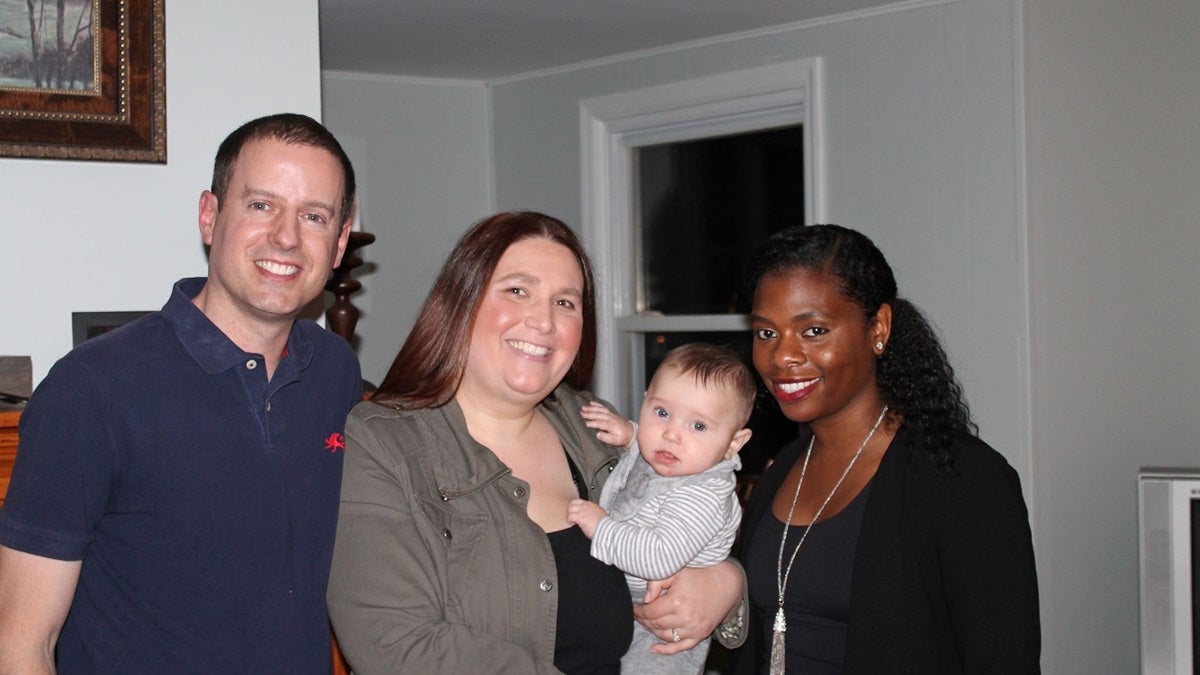Delaware doctors work to increase the chance of IVF conception [video]

(photo courtesy of Scott and Jessi Wilson)
Research is underway in Delaware to help doctors improve the odds for couples looking to have a baby through in-vitro fertilization.
Reproductive Associates of Delaware is conducting the IVF research along with the University of Delaware. According to Dr. Ronald Feinberg, of the medical the goal is to improve in-vitro success rates by taking a closer look at the nutrients present in the embryo.
“We are trying to understand how they are made and how many are made and what these little bodies contain as far as key molecules, whether or not these bodies talk to the uterus and actually say, ‘Hey uterus, let me in,'” Dr. Feinberg said.
Feinberg is partnering with University of Delaware professor Dr. Patricia DeLeon. She said identifying a healthier embryo early on is key.
“The more information we get then the more we can approach it in a new way and the more closer we get to accuracy,” Dr. DeLeon said.
A healthy embryo means better odds for a healthy pregnancy. And since multiple cycles of in-vitro can be a financial burden for couples and the healthcare system, Feinberg said the research helps the bottom line as well.
“We probably saved the health care system in Delaware alone probably millions of dollars every year just by avoiding the multiple pregnancy problems and costs,” Feinberg said.
Jessi and Scott Wilson feel quite lucky, after getting a baby on their first try at IVF. Jessi said the experience brought her closer to her husband.
“Our relationship has become stronger through the journey that we had to go through,” Mrs. Wilson said.
That journey culminated in the birth of their son Ben. Scott added that the costly procedure was well worth it.
“I felt like it was a car payment I was paying and I rather have a beautiful baby than a new BMW,” Scott said.
IVF can cost between $15,000 to $40,000 a cycle. The researchers hope by improving the odds, couples will need fewer cycles to get the baby they long for.
WHYY is your source for fact-based, in-depth journalism and information. As a nonprofit organization, we rely on financial support from readers like you. Please give today.




